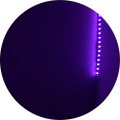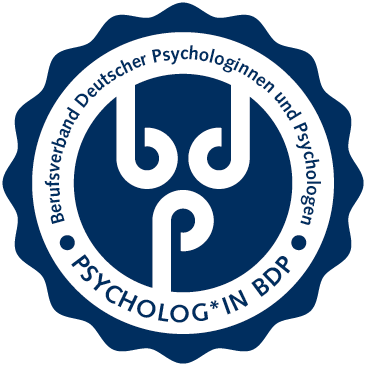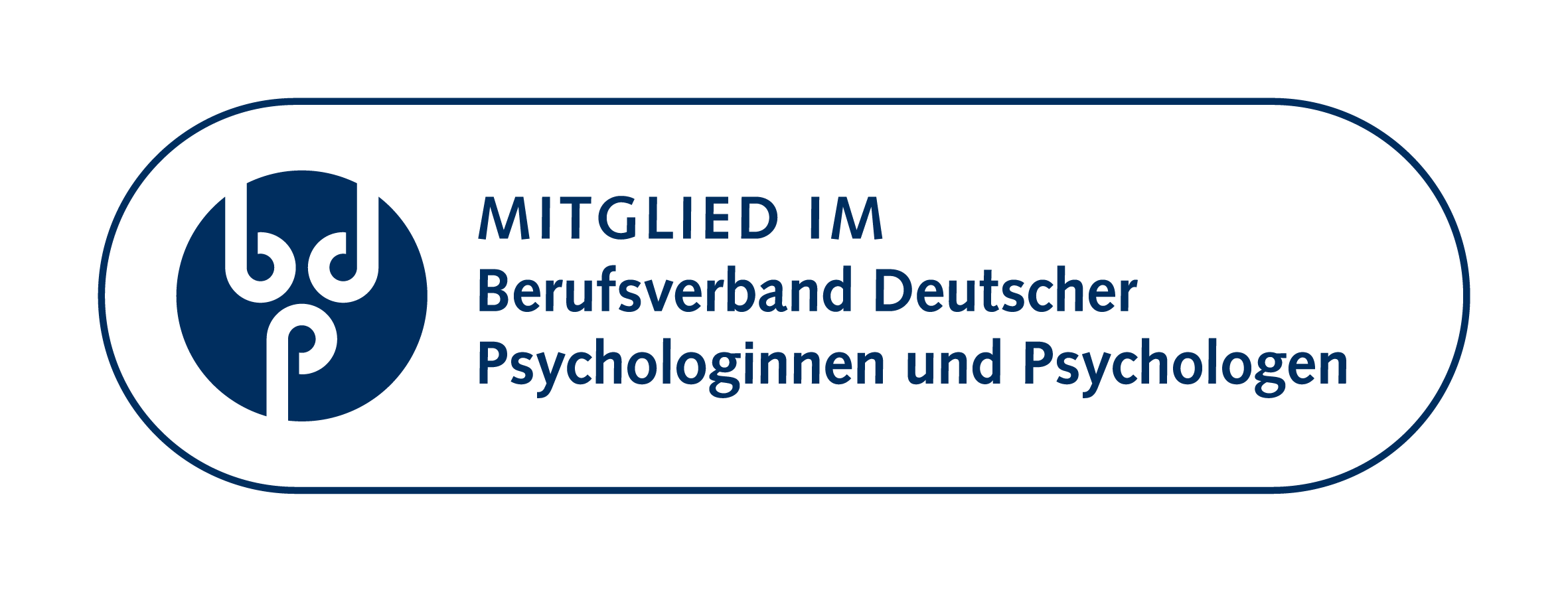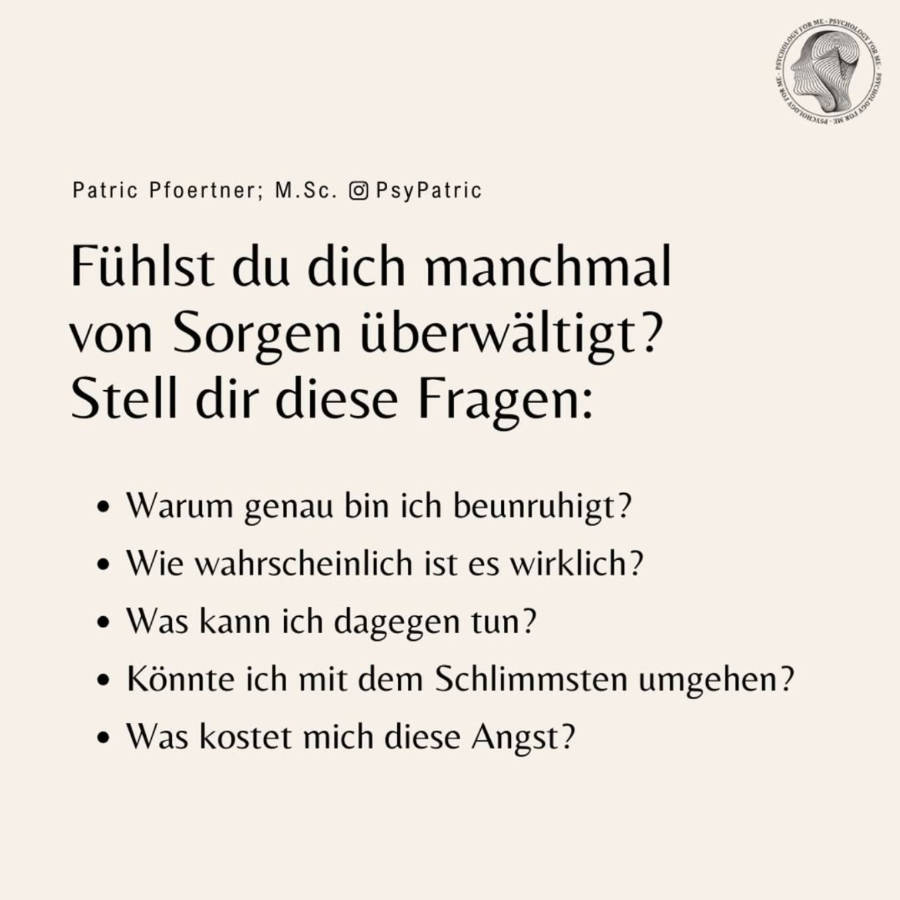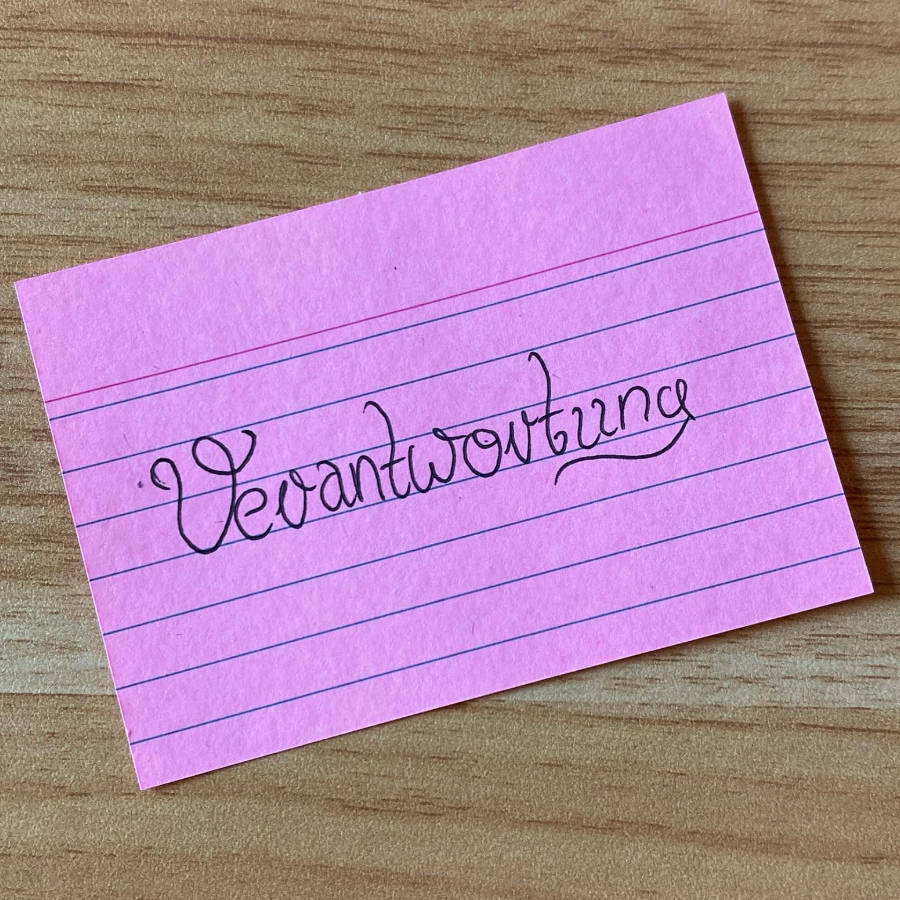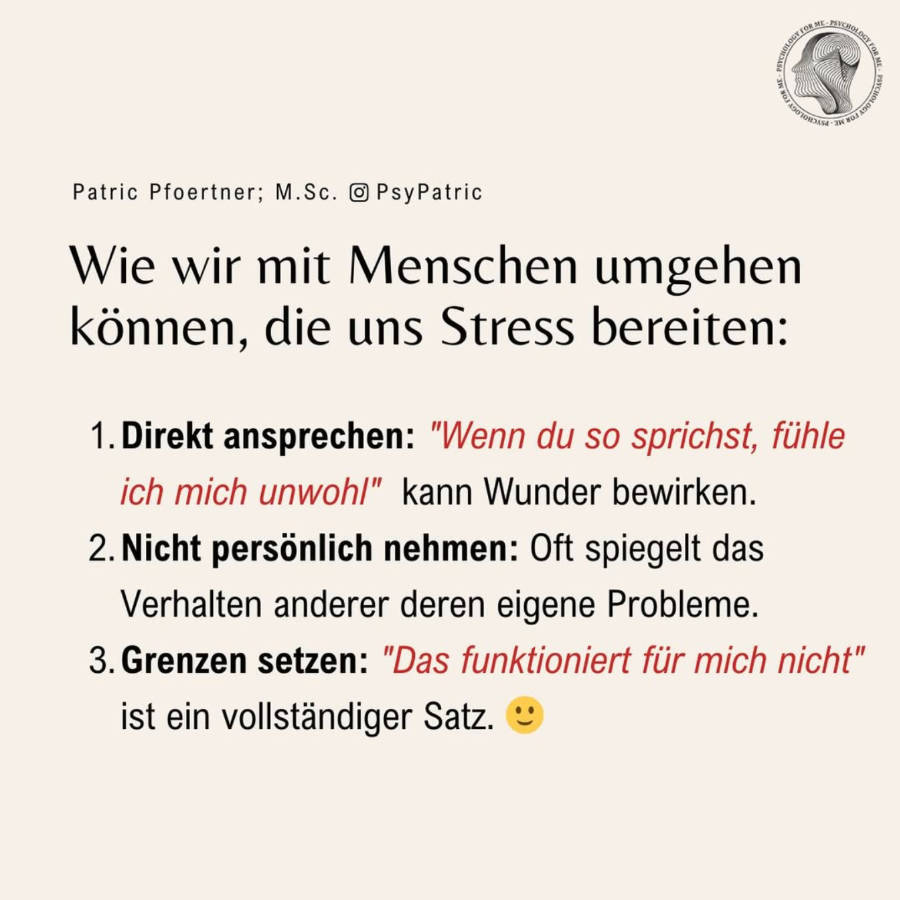Understanding ADHD: What Your Self-Assessment Can Reveal
It's completely normal to feel a mix of curiosity, concern, and perhaps even a bit of apprehension when exploring potential mental health conditions. If you've just completed our ADHD self-assessment, you've taken a significant step toward understanding yourself better. Many individuals wonder if the challenges they face with focus, organization, or impulsivity might be related to Attention-Deficit/Hyperactivity Disorder (ADHD).
This self-assessment tool is designed to offer a preliminary look into common ADHD-related experiences. Specifically, our test aims to help you reflect on:
- Patterns of Inattention: Difficulties with sustained focus, organization, forgetfulness, and completing tasks.
- Levels of Hyperactivity: Feelings of restlessness, being constantly "on the go," or difficulty staying still.
- Aspects of Impulsivity: Tendencies to act without thinking, interrupt others, or struggle with patience.
While this test is a helpful starting point, it’s crucial to remember that it is not a diagnostic tool. A clinical diagnosis of ADHD can only be made by a qualified healthcare professional, such as a psychiatrist or a psychologist, after a comprehensive evaluation.
It's natural to have many questions when you're considering the possibility of ADHD or seeking to understand your own cognitive patterns better. Below, we address some of the most common inquiries:
What is ADHD, exactly?
ADHD is a neurodevelopmental condition characterized by persistent patterns of inattention, hyperactivity, and/or impulsivity that interfere with functioning or development. It's not a character flaw or a sign of laziness. Rather, it's a difference in brain structure and function that affects executive functions like planning, organization, emotional regulation, and working memory. Symptoms often manifest differently in adults than in children, with hyperactivity sometimes presenting more as an internal restlessness.
How does ADHD impact daily life?
The impact of ADHD can be pervasive, affecting various aspects of life. Individuals might struggle with academic or professional performance due to difficulties with focus and organization, leading to missed deadlines or errors. Relationships can be strained by impulsivity or difficulties with active listening. Daily tasks like managing finances, household chores, or even personal hygiene can feel overwhelming. However, it's also important to acknowledge that many individuals with ADHD possess unique strengths, such as creativity, hyperfocus on interests, and resilience.
Is adult ADHD different from childhood ADHD?
While ADHD is a lifelong condition, its presentation can evolve. In adulthood, overt hyperactivity may diminish, but an internal feeling of restlessness can persist. Inattention and executive function challenges often become more prominent as life demands increase. Adults with ADHD might also develop coping mechanisms, sometimes masking their struggles, and may experience co-occurring conditions like anxiety or depression, which can complicate diagnosis.
What should I do if I suspect I have ADHD?
If your self-assessment results resonate with your experiences, or if you consistently struggle with symptoms that impact your well-being, the next step is to seek a professional evaluation. This typically involves a detailed discussion of your history, symptom assessment, and potentially other psychological tests. A professional can provide an accurate diagnosis, rule out other conditions, and guide you toward appropriate support.
Can ADHD be managed or treated?
Absolutely. While there's no "cure" for ADHD, it is highly manageable. Effective strategies often include a combination of medication, psychotherapy (especially Cognitive Behavioral Therapy - CBT), coaching focused on executive function skills, and lifestyle adjustments. Learning about ADHD and understanding your unique strengths and challenges is a powerful first step toward developing personalized strategies for a fulfilling life.
Remember, recognizing these patterns in yourself is a brave act of self-awareness. There is support available, and many individuals with ADHD lead successful and meaningful lives with the right strategies and understanding.











